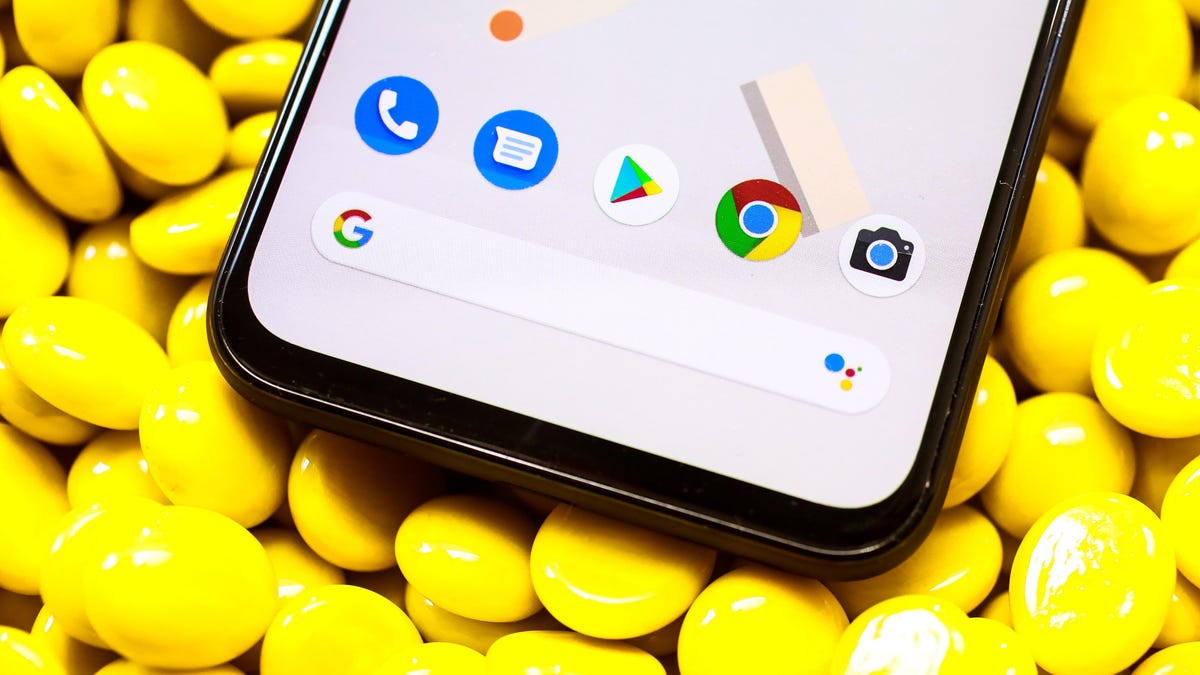How Android 11 will better protect your phone from robocall spam
The Android 11 developer preview also includes better support for different foldable phone hinges.

Google's Pixel 4
Google on Wednesday teased new features for the next version of Android, the search giant's mobile operating system. The software, called Android 11, is a preview version meant for app developers to test before it is released more widely.
One major upgrade tackles annoying robocall problems. Android 11 will let call-screening apps do more to prevent spam calls. The software will let apps verify a call's "stir/shaken" status, which are standards that protect against spoofing. It can also record why someone rejected a call. If a user grants permission, the app can see if a call came from someone in their contacts or an outside number.
Google has already done work to fight robocalls. A feature called Call Screen, which debuted with Google's Pixel phone line, lets users skip robocalls by sending them straight to the Google Assistant. It also lets users see a transcript of the call.
Android 11 also comes with upgrades that let developers better adapt their software to the different hinge styles of foldable phones. Developers can use the exact angle of the hinge to help create more "adaptive" experiences for the phone.
Android is the most dominant mobile operating system in the world, powering almost nine out of every 10 smartphones shipped globally. But Google's biggest challenge with new versions of Android is actually getting them on people's phones, since wireless carriers and handset makers can slow down the process.
Google hasn't released user figures for the previous version of the software, Android 10. But the last time Google updated its distribution numbers in May 2019, Android 9 had only been installed on 10.4% of Android phones. The three versions released before that make up 64.4 percent of Android phones. By contrast, 70% of Apple's iPhones are on the most recent version of its operating system, iOS 13.

